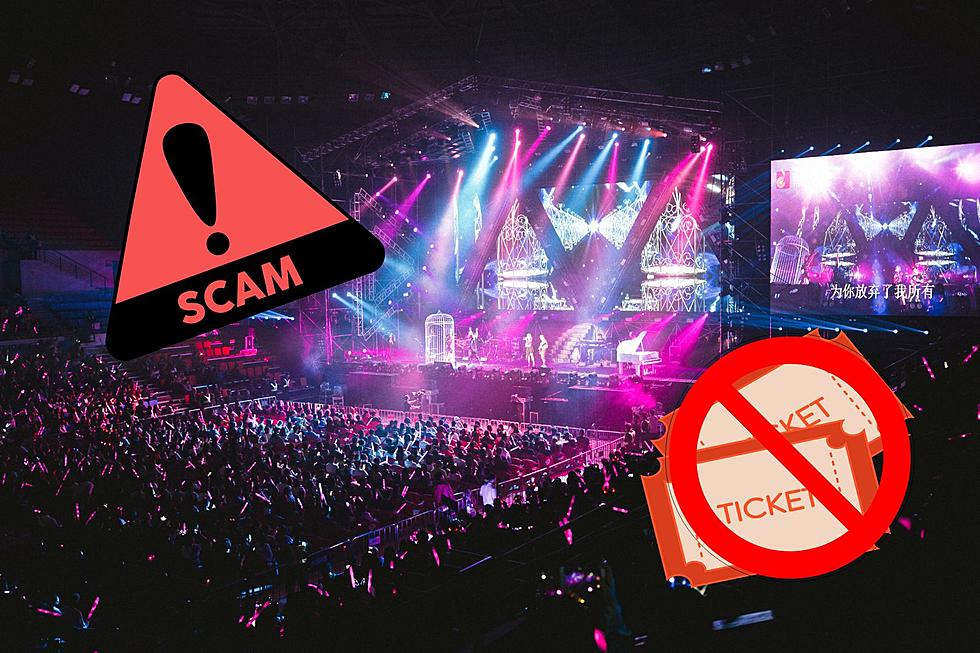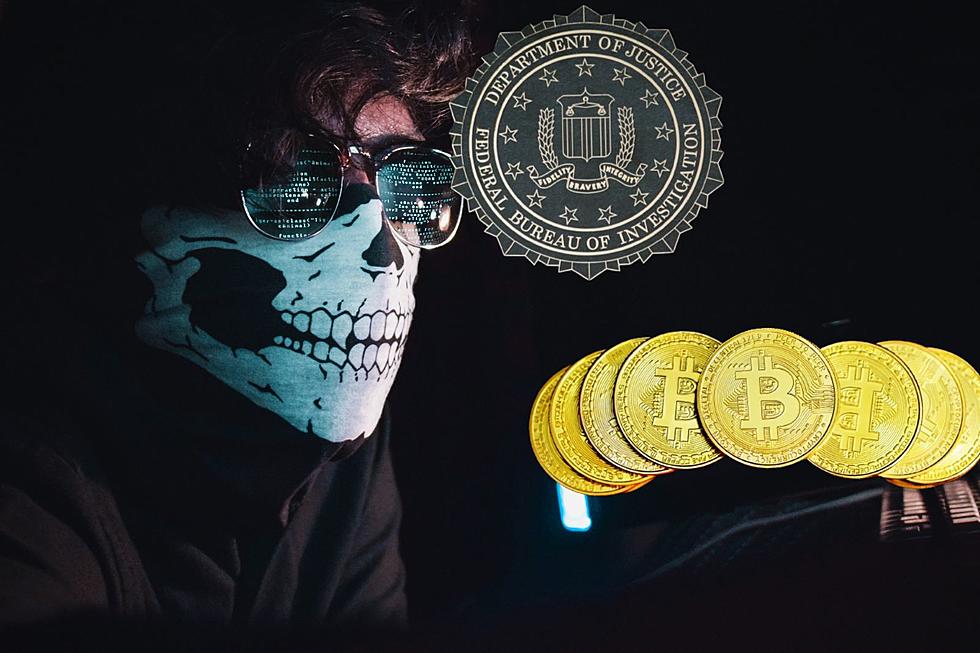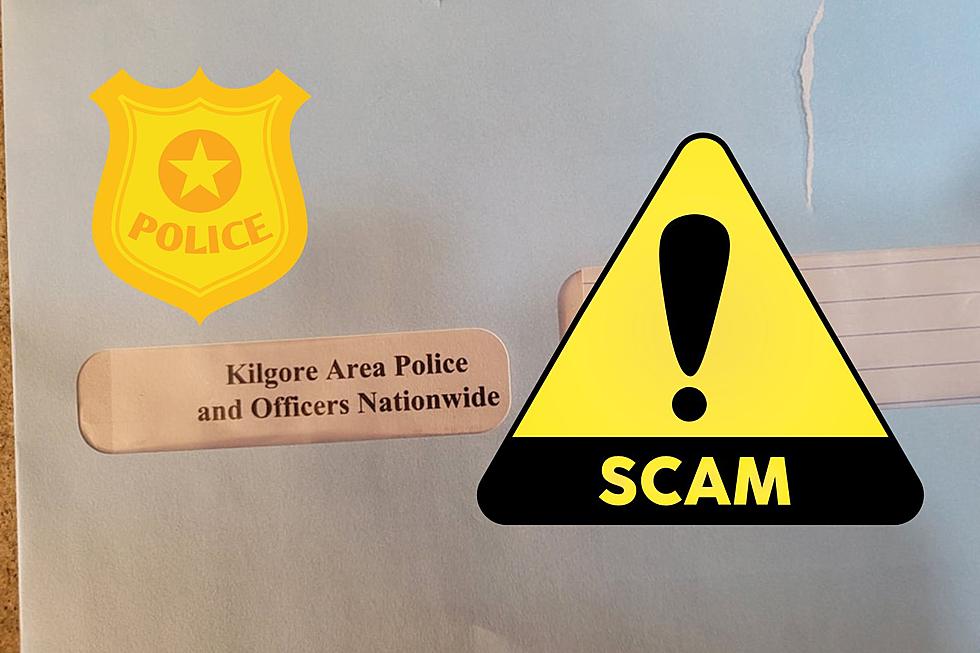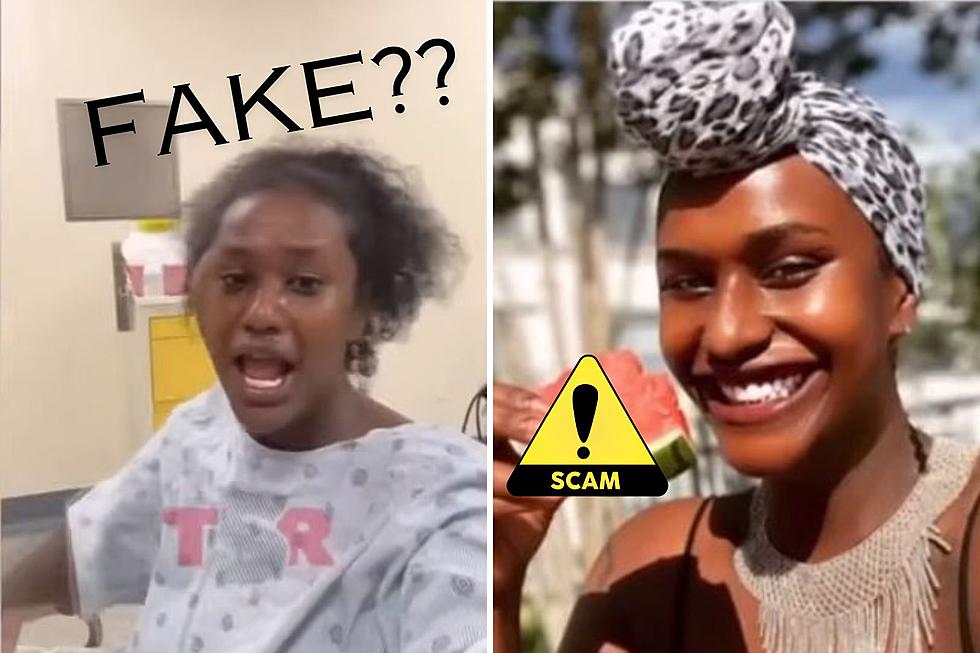
Don’t Get Caught in a COVID-19 Scam
While I'm much happier talking about the good things that are happening in our community with regard to coronavirus, remember, there will always be someone out there trying to take advantage of you and your family! Sad, but true.
By now you've heard that many people will eligible for government assistance via stimulus checks. While the purpose of these checks is to provide relief to Americans suffering due to the coronavirus pandemic, it's also liable to bring out thieves and con artists. With that being said, we don't want any of our friends, family members or neighbors to become a victim. Here are some safety measures to help prevent being scammed thanks to Bossier Sheriff Julian Whittington's Office and Public Information Officer Bill Davis. Stay safe!
It’s an unfortunate reality when an emergency or crisis situation occurs, there are scam artists and malicious actors who will exploit worldwide anxiety over the COVID-19 Coronavirus in order to conduct a variety of scams.
“While we are fighting this unseen, very contagious COVID-19 virus, we are also having to combat ruthless criminals trying to cash in on your fear and anxiety,” said Bossier Sheriff Julian Whittington. “We want you to protect your health during this time, and we also want you to protect your finances as well.”
The Federal Trade Commission, Louisiana Attorney General, and Louisiana Governor’s Office of Homeland Security and Emergency Preparedness have provided some timely tips to protect yourself from scam artists. Such scams include financial scams, misinformation campaigns, spear fishing attempts, telephone deceptions, and cons in which scammers may try and take advantage of checks the government will send to consumers as part of the Coronavirus stimulus package.
Federal Trade Commission says while details regarding exactly how and when the government may issue the checks are reportedly still under development, they offer three tips on how to better detect and avoid potential government check scams.
1. The government will not ask individuals to pay anything in advance in order to receive the funds.
2. The government will not call to ask individuals for their Social Security number, bank account, or credit card number.
3. Because the proposed government-issued checks are not yet sent, anyone who claims to be able to send the money now is likely a scammer.
Louisiana Attorney General Jeff Landry says Louisianans need to “be careful not to fall prey to online, telephone or mail scam artists who seek to prey on fear.” His three tips to keep you safe from scam artists are:
1. Be careful with unfamiliar companies or websites, who claim they can sell you hard-to-find products, for very high prices.
2. Never give out your social security number, credit card number, or bank account information over the phone or internet, unless you initiated the contact.
3. Remember, if it sounds too good to be sure, it probably is.
Louisiana Governor’s Office of Homeland Security and Emergency Preparedness says that scams are often tailored to targeted regions or groups with the aim of collecting sensitive information, stealing money, spreading false information, or delivering malware to victims’ devices. Some of their scam tactics include:
1. Misrepresenting themselves as health professionals, either in person or via email, and offering various services. Those services can include vaccinations or testing for the disease.
2. Claiming to be a member of a victim’s bank or investment firm and offering investment alternatives. Scammers will cite events like recent market volatility caused by COVID.
3. Threatening to arrest, prosecute, or confine a victim if they do not pay a fee.
4. Claiming to be a hospital worker at a hospital where a loved one is being treated and stating that money must be wired immediately in order to conduct a life-saving procedure.
5. Claiming to be a friend who is stuck in a foreign county and cannot leave unless a virus-related fee is paid.
6. Telling victims their computer has been infected with “corona virus” and offering to repair the device.
7. Claiming to be a legitimate producer or distributor of medical equipment and asking victims to make payments in advance via bank transfers, often to foreign countries. Once the payment is made, the scammers shut down their fake websites and stop answering any form of correspondence from the victim.
8. Pretending to be health officials and asking for personal information in order to conduct contact tracing, which is a method used to identify individuals who have been in contact with or close proximity to someone who is infected with a disease. Unlike true healthcare professionals, the scammers typically ask for banking information or payments.
9. Sending emails while pretending to be a member of the United States Center for Disease Control and Prevention (CDC), World Health Organization (WHO), or some other legitimate organization and asking email recipients to click on links that are malicious.
10. Creating official looking websites, e-commerce platforms, or social media accounts that are used to propagate disinformation or to infect a victim’s computer with malware.
La. GOHSEP recommends you only click on trustworthy websites or e-mail links, change your passwords regularly, and keep anti-virus software updated and running. For more, go to https://gohsep.la.gov/.
The LADOJ Consumer Hotline can be reached at 1-800-351-4889 or visit www.AGJeffLandry.com. The FTC accepts reports of scam incident to www.ftc.gov/complaint. You can also go their website at https://www.consumer.ftc.gov/blog/2020/03/checks-government?utm_source=govdelivery to find out more about their warnings against Coronavirus-related government check scams.
More From Mix 93.1









